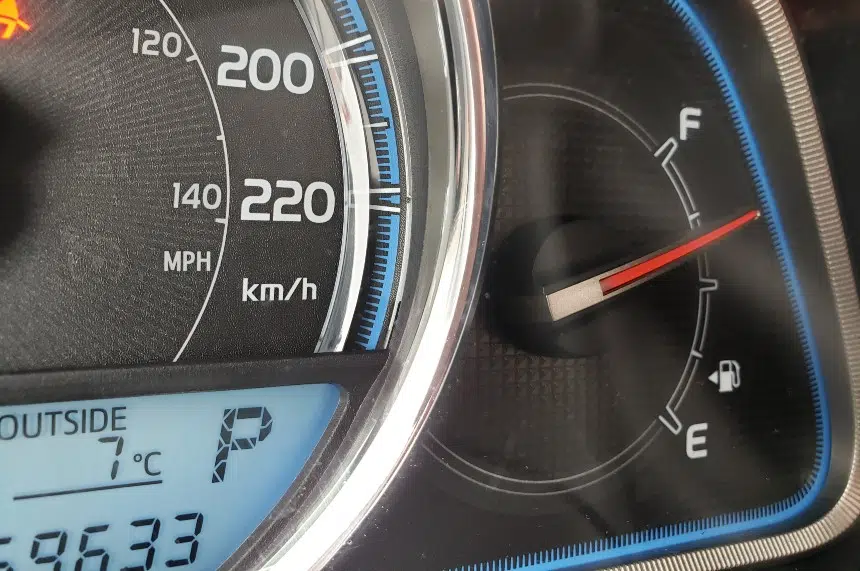An assistant professor of economics at the University of Regina says there are a variety of ways Thursday’s Supreme Court of Canada decision on the carbon tax could affect the average Saskatchewanian.
It all depends on what the provincial government decides to do.
“The province can decide to use those revenues however it wants,” Brett Dolter said. “So the province of Saskatchewan could decide to keep a rebate in place the same as it is now and you get it at tax time.
“(Government officials) could cut the sales tax, and so they’d lower the price of everything else we buy. They could cut income taxes, or they could focus the rebate just on low income households.”
Saskatchewan residents have been paying the carbon tax for the last couple of years. If the Supreme Court decided the tax was unconstitutional, then we would have likely seen prices for consumer goods go down, but that wasn’t the case.
“Then we would have also seen the elimination of these rebates,” said Dolter. “And so for most households the rebate is going to be higher than the amount you spend on fuel and even on the grocery bill. We would have seen savings on the one hand, but then a loss of a benefit on the other hand because it’s set up to be revenue neutral.”
He says keeping the current rebate plan is a good way to ensure that the lowest income households are doing better.
“We’re going to get carbon pricing revenues,” he said. “We’re going to have them provincially. What do we do with them?”
He adds the bottom line is that it signals that we have to pollute less, and it does so by making the price of pollution higher.
Reaction at the pumps
Gas prices will be affected by continuous hikes of the carbon tax.
Oil analysts Roger McKnight and Dan McTeague agree the latest increase, scheduled for April 1, will raise prices at the pump by about 2 1/2 cents a litre.
McTeague estimates that by 2030, people will be paying an additional 47 cents a litre for gas and 53 cents a litre for diesel, just from the carbon tax.
980 CJME spoke with people who were filling their vehicles up Thursday, and opinions were mixed.
“I’m one of the rare supporters of the carbon tax. I think as a nation, we need to do what’s important for everyone. I think the carbon tax showed leadership and it’s disappointing that not everyone supports it,” one man said.
He believes the benefits of generating more government revenue outweigh the rise in gas prices.
“We do receive benefits for the carbon tax we pay,” he said. “It comes back in terms of credits and subsidies. Hopefully, eventually it will come back in terms of economic development, where the government can start putting those dollars less in individual people’s pockets once we get through COVID and more towards businesses.”
Another man agreed, and didn’t think the price increase would make much of a difference in his life.
“I think that the carbon tax is good. Every year you get back so much money, it’s cool. As far as two or three cents on gas money, that’s not too much,” one man said.
However, plenty of people were upset about the continuing presence of the carbon tax.
“I personally think it sucks because I’m a small business owner,” one man said. “I do a lot of travelling to get to places to work. We already have enough expenses as small business owners. It doesn’t seem like 40 cents is a lot, but it is a lot when you put on a quantity of miles.”
One man summed up his opinion quite directly: “It kind of sucks, but there’s not much you can do about it.”
— With files from 980 CJME’s Dominick Lucyk







